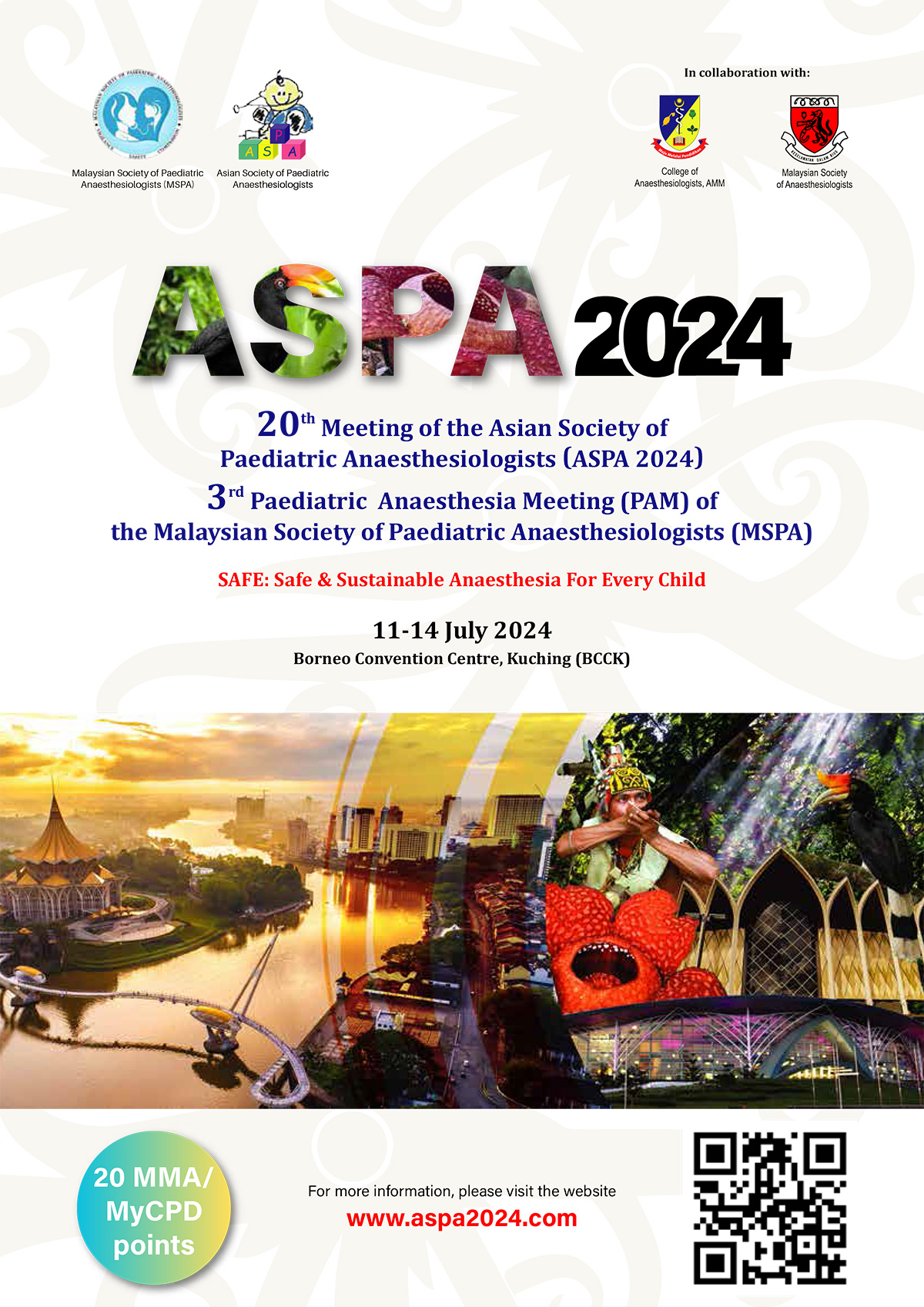The impact of a simulation-based approach to teaching crisis resource management for medical emergencies on neonatal intensive care units in the UK, India, Nepal and Saudi Arabia
Abstract
Effective communication, team working and human factors are given little attention in traditional medical curricula. However, these skills are fundamentally important during crisis resource management (CRM) in healthcare. These skills can be learnt and can be taught very effectively within a simulated environment. Thus simulation-based training on CRM can positively impact patient safety. One such course which focuses on the management of common neonatal emergencies is the ‘Neonatal Emergencies Simulation Team training’ (NEST) program. This one day multiprofessional educational program, originally designed by the London Neonatal Transfer Service, aims to develop multidisciplinary confidence and competence in the management of common neonatal emergencies. This program has been evaluated positively in India, Nepal, Saudi Arabia and the UK and shows promise for wider implementation in high-, middle- and lowincome countries. Here we give an overview of the program and its implications.
Citation: Mohinuddin S, Rajkumar Rajendram R, Swamy S. The impact of a simulationbased approach to teaching crisis resource management for medical emergencies on neonatal intensive care units in the UK, India, Nepal and Saudi Arabia. Anaesth Pain & Intensive Care 2018;22(3 Suppl1):S124-S128












